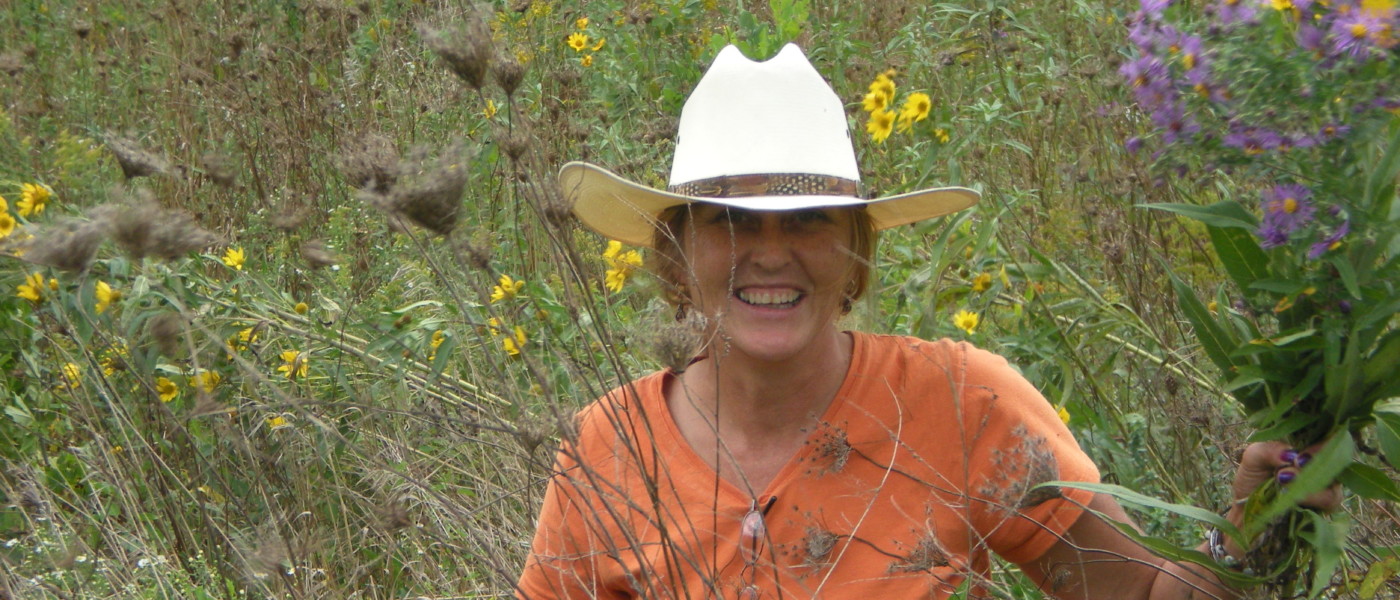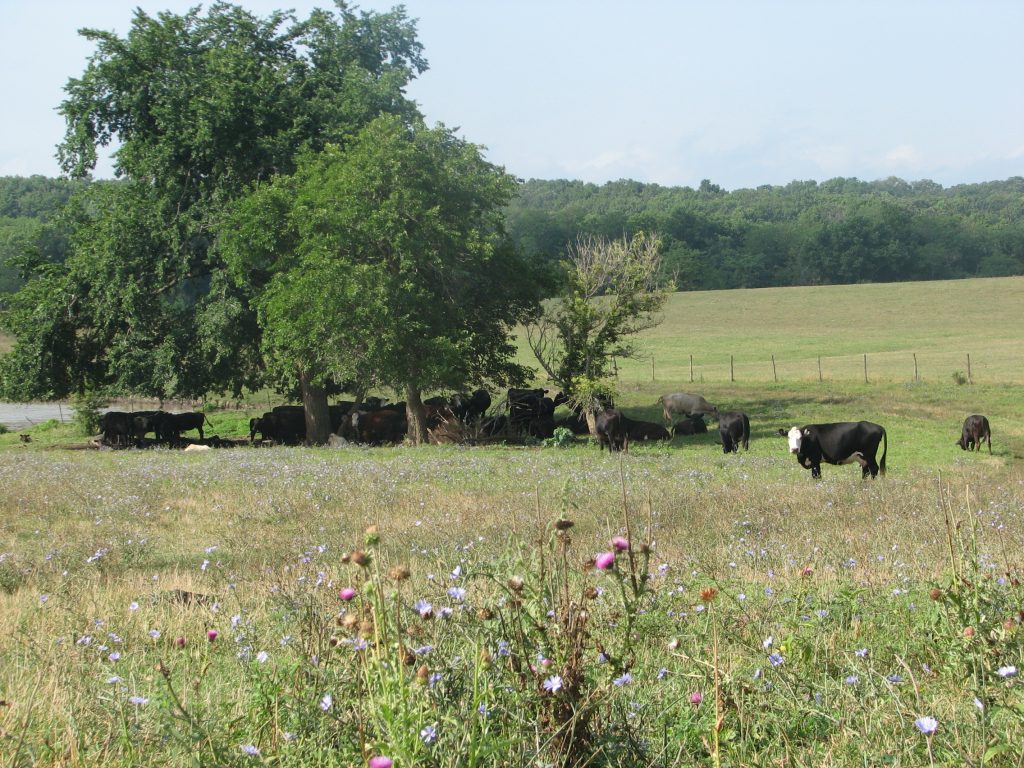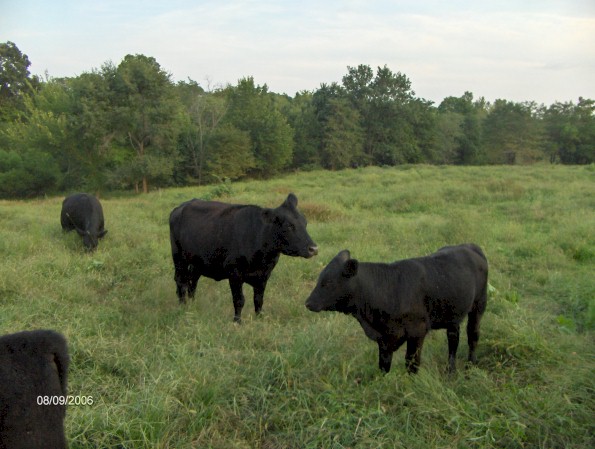Our Farm Advocate Jennie Msall answers our 1-800-FARM-AID farmer hotline, where she listens to farmers and directs them to resources and opportunities that can help them succeed. Some calls, however, highlight issues where there are few—if any—resources available. Here Jennie tells the story of one farmer who falls into an important resource gap.
This past March, I connected with Kim Wells of Wells Family Farms about her work as a grass fed beef farmer in northwest Missouri. In our first phone call, she told me about her plans to build her own certified organic beef processing plant and the challenges she was having. While Kim and her husband, Steve, have been able to build a sustainable farm operation, their recent challenges demonstrate the critical need for appropriate financing and infrastructure that supports family farmers in expanding their businesses.
Kim became a fulltime farmer in 2002. She raises her animals without steroids, hormones or antibiotics. As Kim describes, “They are raised on pasture, not locked in feedlots.” Over the years she and Steve have built up a strong customer base, selling their beef at health food stores and online, as well as through seasonal farmers’ markets in Missouri. As part of a network of other beef farmers, they supply high quality meat to customers within 200 miles of their farm.
“Farming is a part of me.”
Kim says she cannot imagine any other way of life than being a farmer. She says, “Farming is a part of me.”
Through this network and her own experiences, Kim saw a need for a locally-owned, certified organic beef processing plant. Currently, Kim travels 250 miles to the nearest processing facility, which can be prohibitively expensive for smaller farmers. By creating more processing control for area farmers, a new local facility could improve their economic situation, while also providing additional jobs for the community.
Kim spent years working on the business plan for this idea, estimating that it would cost $4 million to build and operate in the first year. Despite Kim’s success as a businesswoman, strong financial projections on the project, and commitments from area farmers to become customers, she has not been able to access enough capital to make her dream a reality.
During one of our phone calls, Kim reflected on how she found scam investors who take advantage of small business owners by requiring a fee upfront with a promise to raise funds, which sadly never come—leaving Kim and Steve even further from their goal. More traditional lenders are not familiar with this type of project or agriculture, and thus are afraid to make a loan.
The barriers Kim has faced are frustrating and demonstrate another area where family farmers face significant financial challenges. Her story demonstrates the need to think about appropriate financing at all levels of the food system—from financing land purchases to financing business expansion into other levels of the supply chain, and focusing on investment in local food systems.
Are you a farmer? Browse resources on our Farmer Resource Network and learn more about the 1-800-FARM-AID hotline




